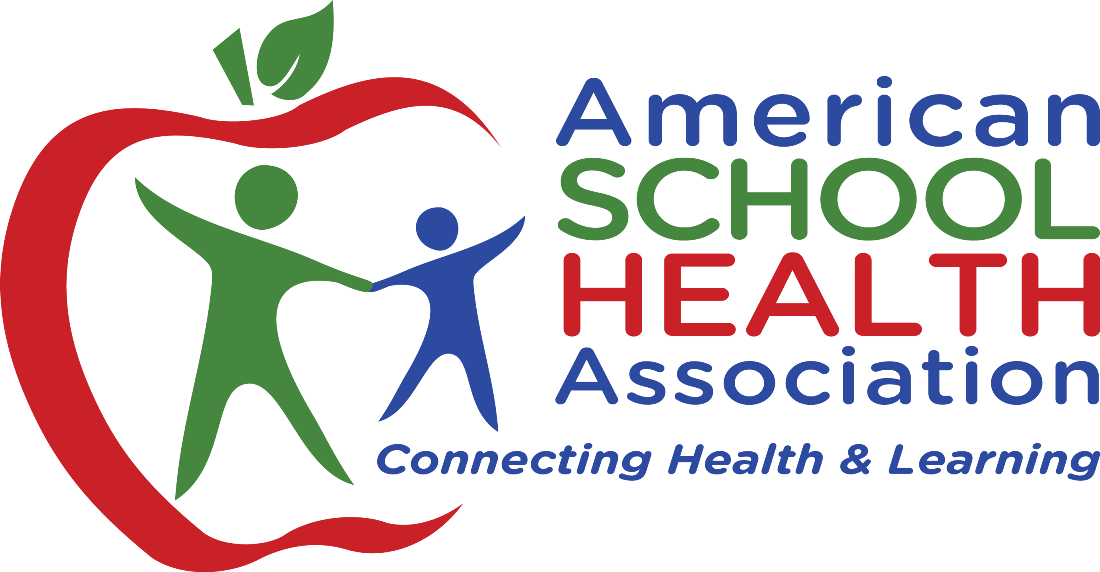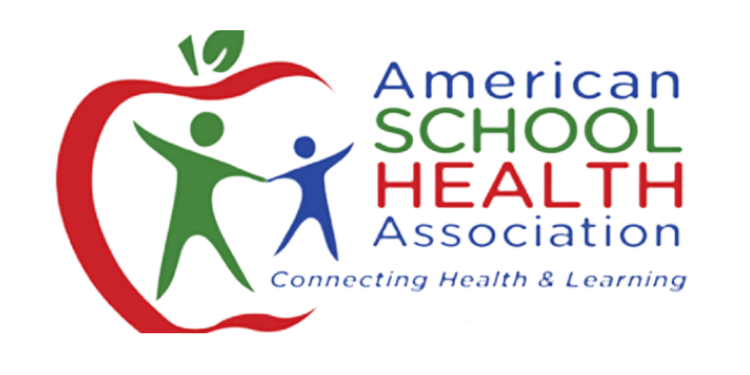American School Health Association’s Statement on Recent Acts of Gun Violence in Schools
ASHA is devastated to learn of another school shooting, this time in Uvalde, Texas. Just as schools are learning to navigate the “new normal” of COVID-19, we are reminded that the issues they faced beforehand remain—and have only been intensified by the pandemic. Soon after schools re-opened, school violence re-emerged, as evidenced by multiple events in Texas, New York, Virginia, Maryland, Kansas, Michigan, Pennsylvania, and other areas. We once again urge action! In the words of ASHA’s Past President, Ty Oehrtman:
“Sure, I can call my elected leaders in Congress again, and implore them to pass meaningful, bipartisan public policy on this issue. Yet somehow, no matter how many times I call, no matter how many times I beg for action, no matter how many times I hear my elected leaders say they too are upset and frustrated…#Crickets.”
After countless senseless acts of gun violence in our schools, ASHA launched a School Violence Task Force in 2018. Outcomes of this Task Force include an article led by Taskforce Member Dr. Lloyd Kolbe in ASHA’s Journal of School Health. This article outlines the effects of school gun violence nationwide as well as a national strategy rooted in a public health approach to prevent school gun violence.
Unfortunately, today, we find ourselves in a familiar place, grieving the loss of lives, innocence, and safety. ASHA encourages everyone to pause, reflect, and acknowledge the trauma that these events trigger. Consider resources provided by the National Association of School Psychologists.
ASHA calls on its members and all school health professionals to lead community change efforts. ASHA recognizes that to truly realize our mission of transforming all schools into places where every student learns and thrives, we must lead change through advocacy and activism. As Ty Oehrtman said, “I don’t want these to be just more words and expressions of sympathy. I want something to change… something must change!” There is more work to be done. We CAN be a force for change. ASHA has prepared an Advocacy Toolkit that we hope will be useful in activating champions for change and widely used to advocate for our students’ health, well-being, and safety.

